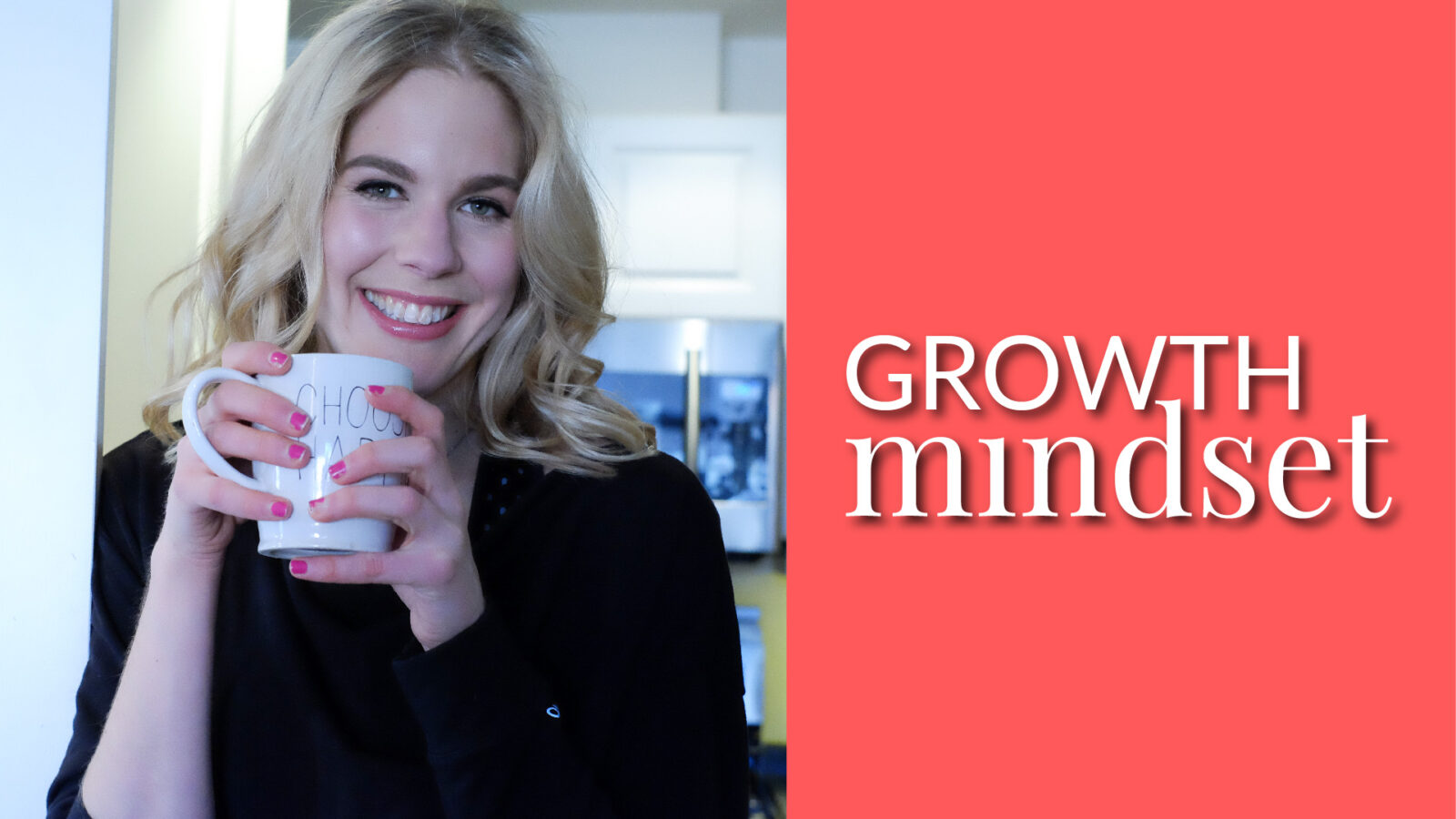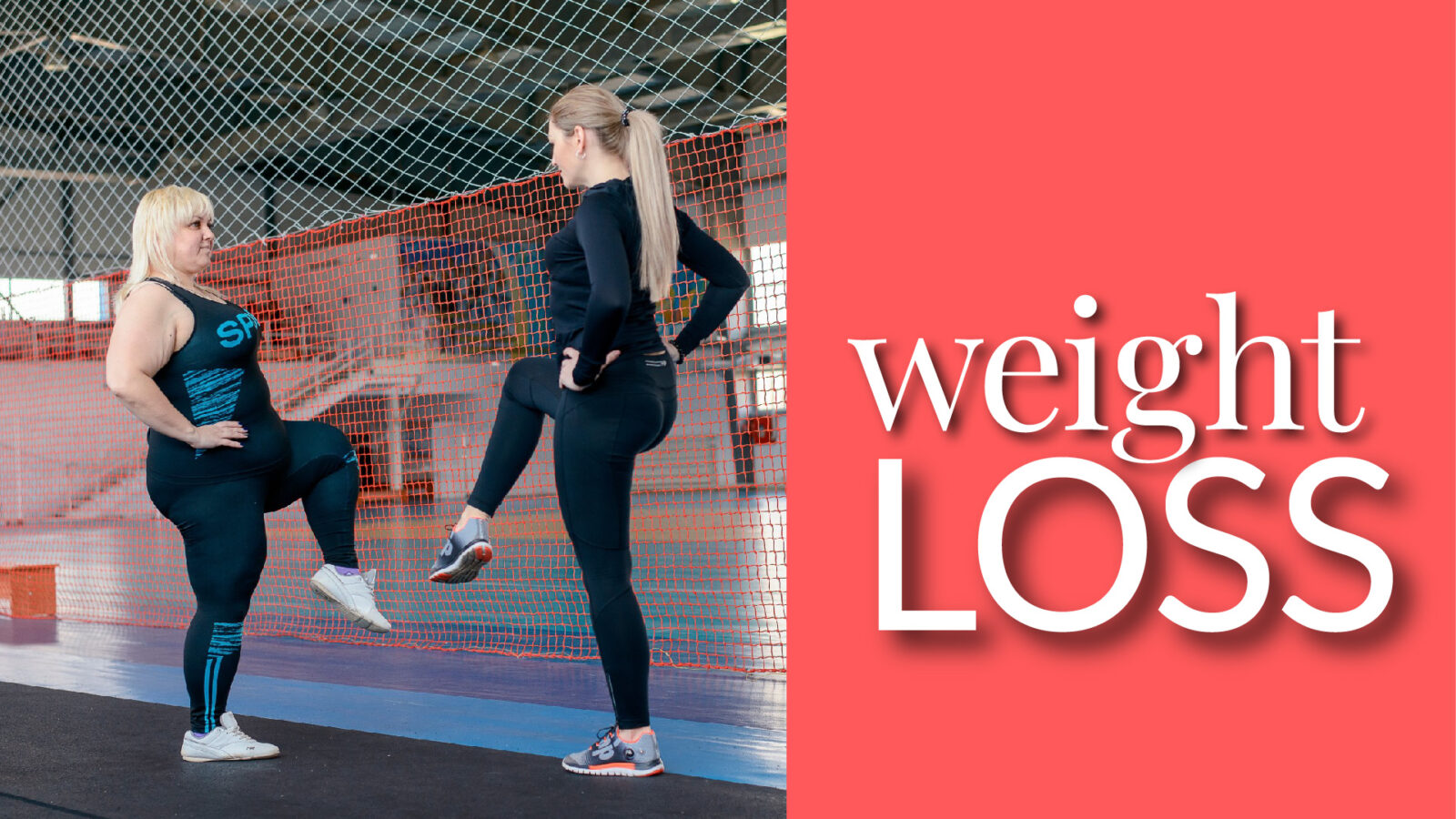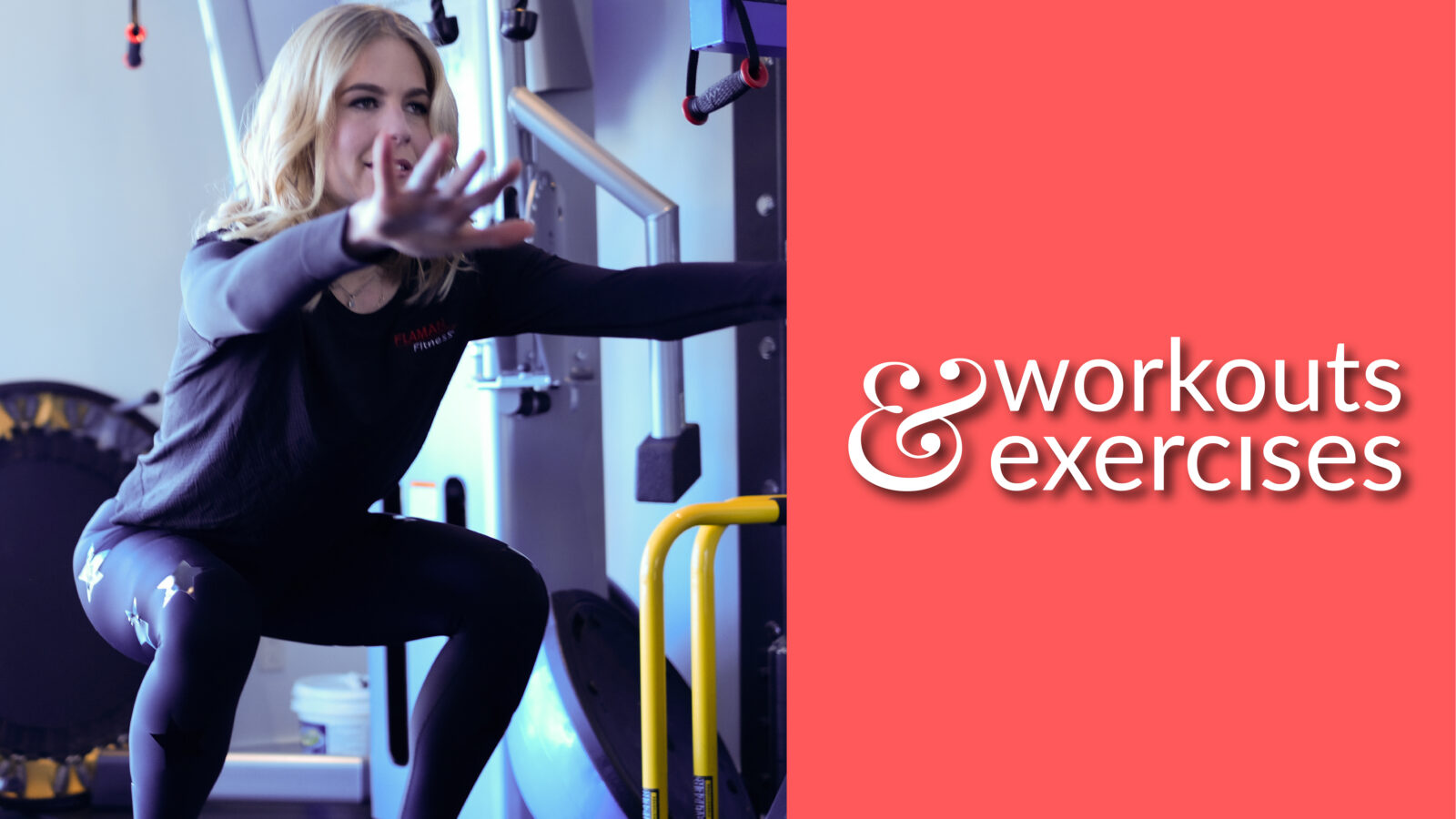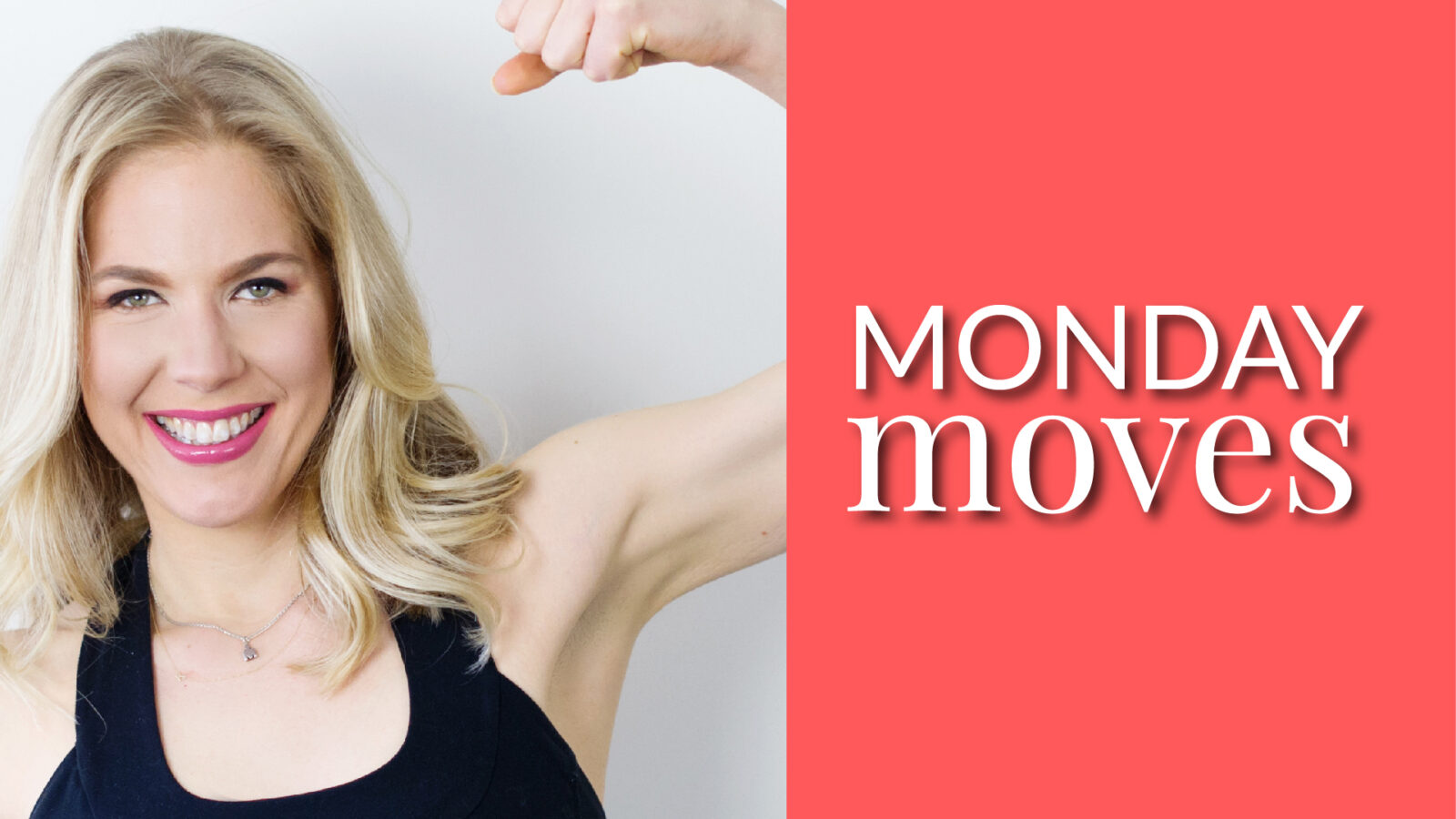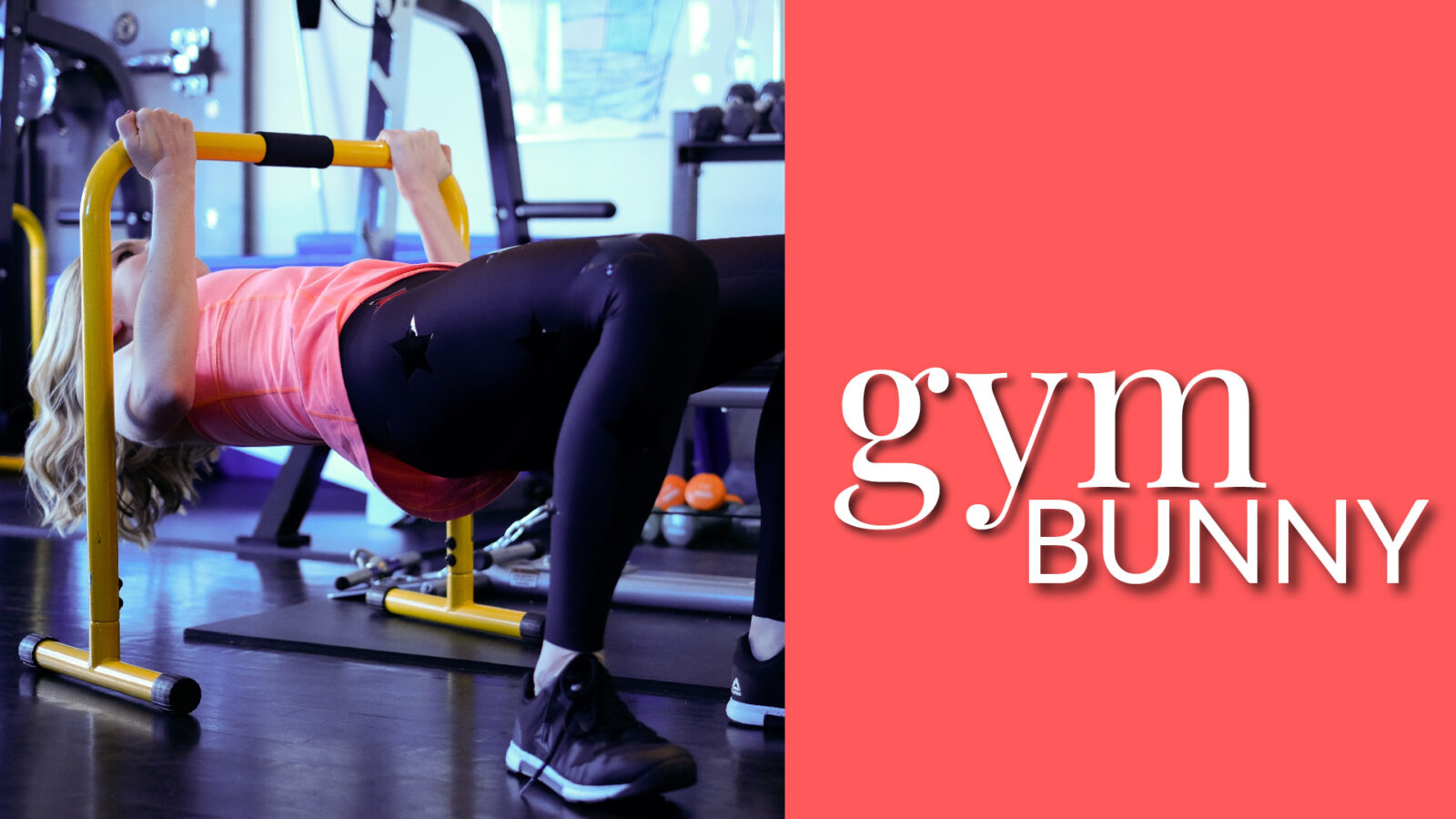Flip the Script: Aim to Be LESS Conscious About Your Health
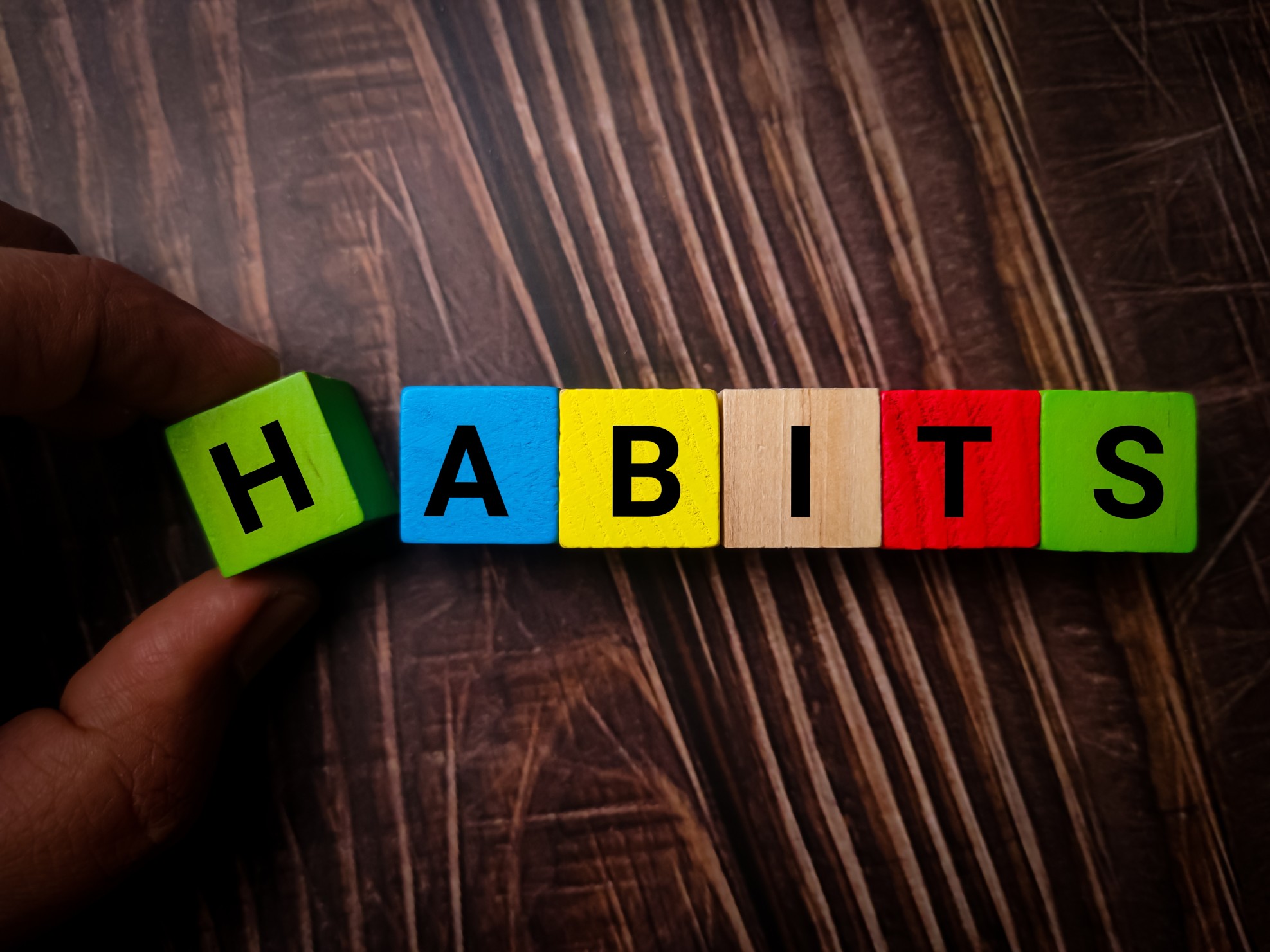
Here’s the thing. Although I believe in “awareness,” I believe in using it strategically as an “on- ramping tool” for habit formation. To put it another way, the end goal of “being conscious and intentional” is to relegate certain actions to the realm of “unconscious.”
To paraphrase A.N. Whitehead, don’t aim to cultivate the habit of thinking about what you are doing; work to extend the number of operations you can do without thinking.
Why is this “not thinking” important?
Roughly 95% of what we do in a day happens automatically. This is a good thing; our brains can only sift through a certain number of stimuli. We need habits and rituals to survive. We only have so much cognitive energy and attention.
Habits allow health to exist mostly within the realm of the unconscious. Habits and rituals are the actions, thoughts, emotions, etc. that we repeat regularly; they happen relatively seamlessly—automatically—below the level of conscious decision making.
The thing is, to create healthy habits you have to first be intentional.
Creating new, habitual ways of thinking, acting, and/or moving takes four stages.
- UNCONSCIOUSLY INCOMPETENT: You do something and you’re not aware of it. For example, you are not appropriately engaging a muscle, but you are not aware that that muscle is asleep.
- CONSCIOUSLY INCOMPETENT: You are aware that you are doing something wrong. For example, your physical therapist explains that your injury is due to a muscle in your bum that is asleep. You know you need to get your bum stronger, but you don’t yet know how.
- CONSCIOUSLY COMPETENT: You can execute the new healthier behaviour when consciously thinking about it. For example, you can engage your bum muscle when you think about it.
- UNCONSCIOUSLY COMPETENT: You exhibit the new behaviour without thinking. For example, your bum just engages as it should when you move.
Let me offer another example. Let’s say you have a bad habit of negative self-talk. You might not even realize it at first. Once you start to notice your behaviours through journaling, you become aware of the negative self-talk, and then you have the power to change it. So, you start doing little things to change your behaviour. Eventually, you (mostly) avoid negative self-talk without even realizing it because you worked on it so consistently.
Make your goal “unconscious competency.” Another way of saying this is, intentionally create as many healthy habits as possible. Habits exist within the realm of “unconscious competency.” The more positive rituals/habits we form, the less frequently we have to use our precious cognitive energy to “decide” to make the healthier choice.
To paraphrase F.M. Alexander, humans don’t decide their future. We decide our habits. Our habits create our future.
How do you create healthier habits?
#1 Consider journaling
You can’t create new healthier habits until you are aware of your current habits. You can’t decide to stop mindlessly eating a full dinner while cooking or swiping 500 calories of almonds off a co-worker’s desk until you know you are a “nibbler” or a “swiper.”
You can’t intentionally choose to spend your time in more productive ways until you know how you currently spend your time. Most of us underestimate our unhealthy habits and overestimate our healthy ones.
What gets measured gets managed—you can’t possibly manage your health if you don’t know what you are putting in your mouth or what your exercise habits are.
Once you are aware of your current choices and habits, you can use the “data” from the journal to create realistic goals and a tailored action plan. Once you are aware of your habits you can “design” the life you want.
#2 Devise the “systems” needed to create your new healthier habits
To create a habit, you need to repeat a desired action. To make your future self repeat said action, you need systems!
Motivation and willpower aren’t reliable. You have to create systems that save yourself from your future tired, frustrated, “screw this goal” self!!
A system is something/someone/an environment that constrains the future you so that you take the actions you desire.
Once you take that action enough times it becomes a habit!
Systems metaphorically tie the future you to your goal so that you don’t mindlessly swipe almonds or unconsciously nibble cookies while watching late-night Netflix.
Set up systems so that your future less-disciplined self has no choice but to follow through. Examples include …
- Not having food in the house that you don’t want your future self to eat
- Piggybacking workouts onto something you already do, such as turning your dog walk into an intense cardio workout or taking conference calls as you walk
- Eating from smaller plates and drinking from smaller glasses
- Portioning out your snacks, especially when watching TV
- Sleeping in your exercise clothes to ensure your morning workout is as easy and convenient as possible
- Connecting an exercise bike to your television so it only works if you are cycling
To make something more automatic you need an initial burst of planning and awareness.
#3 Hold yourself accountable. Measure your progress. Have a growth mindset
Create methods of measuring progress. You have to know if you are on your path. Journal? App? Excel spreadsheet? Write your goals down. Then create a plan. Goals are simply a wish until proven otherwise. It is not the goal that makes one person lose weight and the other person quit after three days; it is the systems set in place to support that goal. Whether you want to start exercising or quit smoking, the process of change is the same. You have to be aware of where you are now, aware of where you want to get to, and systematically work to trend slowly towards the future you.
When you do fall off of your health horse, take the opportunity to LEARN about yourself, your habits, and your values!
Notice that I say “when” NOT “if”?
You will fall. We all fall. You are only human. You will make choices that don’t serve you. I know I do. The key is to course-correct as quickly as possible and learn from the experience.
All experiences are just “data.” Analyze your choices.
That doesn’t mean metaphorically “flog yourself.” Don’t use analysis as a “weapon.” Holding your feet to the fire is not about judgment; it is about growth.
For more information on how to have a growth mindset, check out the resources at the end of the article.
#4 Rinse and repeat
To really ingrain a habit you need to “put in the reps.” Practice is key. Repetition is key. Make it your goal to repeat the habit as many times as needed for the action or thought to feel “natural.” Once it is second nature, keep repeating it so that it always feels natural.
Concluding thoughts
Be patient. Creating new unconscious ways of being takes time, patience, and practice!
Start intentionally practicing so that your future self can be “unintentional AF”!

